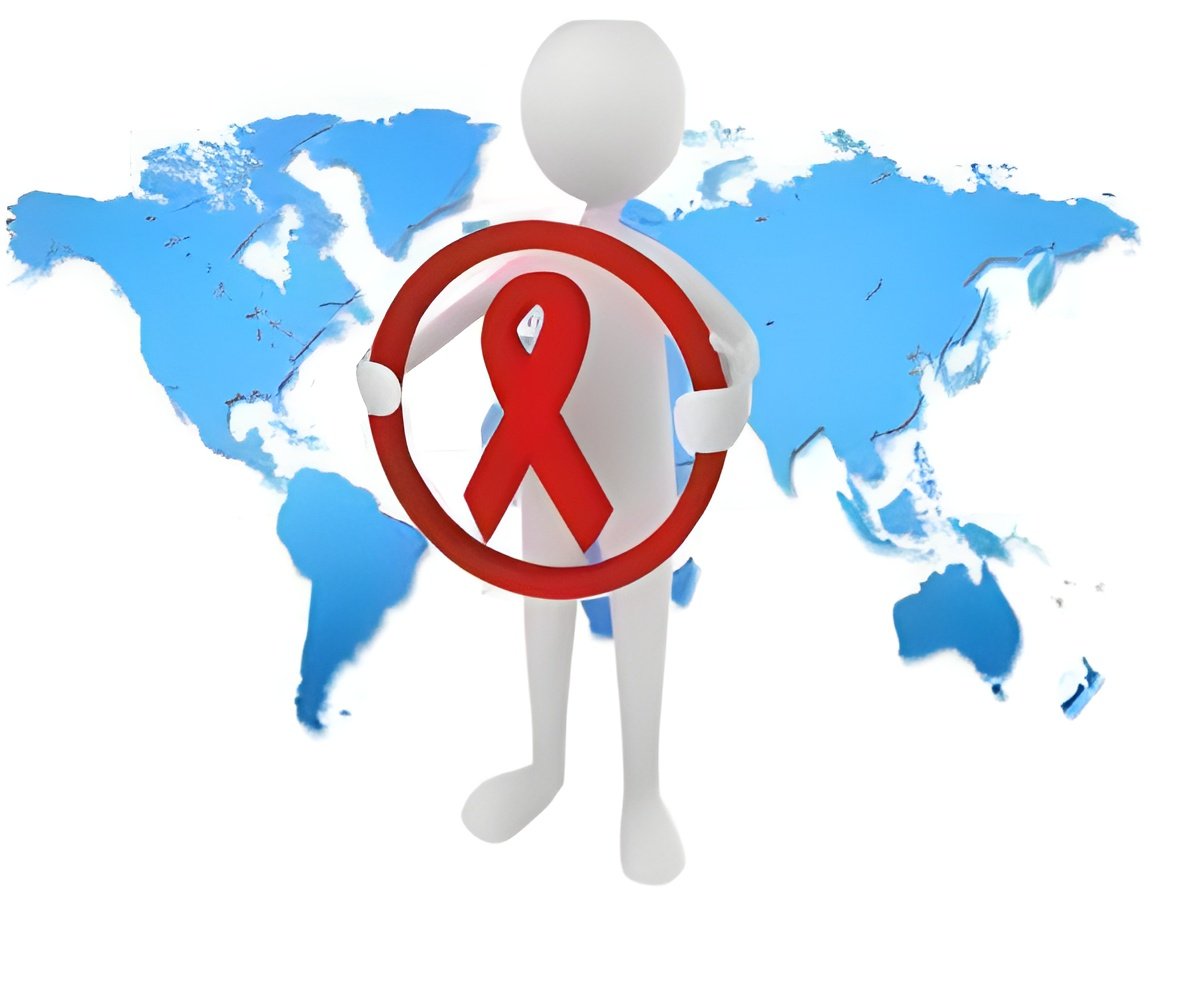NEW YORK (November 20, 2013) – Having high knowledge about HIV and engaging in risky sexual activity do not make high-school-aged teens more likely to get tested for HIV.

"Despite efforts to educate about the risks of HIV and AIDS in schools, it is clear that more is needed to prompt adolescents to speak up and take the next step of getting tested," said Hina J. Talib, M.D., adolescent medicine physician at The Children's Hospital at Montefiore and assistant professor of pediatrics at Einstein. "Early identification of HIV in adolescents is associated with earlier treatment and better health outcomes, so it is especially important that these sexually active high-school-aged adolescents be tested."
The computer-assisted survey was completed by 980 sexually active 14- to 17-year-olds living in the Bronx, an area with a high AIDS burden. More than half of those surveyed were female (56%) and Latino (55%), and 428 (44%) had been tested for HIV. In addition, 54 percent of those in a serious committed relationship had been tested for HIV, compared to 44 percent of all participants. Sixty percent of those who had high HIV-related partner communication got tested and 48 percent of those who reported high openness of communication and comfort discussing sex with their partners had been tested for HIV. Participants who had high HIV/AIDS-related partner communication were 3.7 times more likely to have been tested than those with low communication. High HIV knowledge includes understanding of transmission of HIV, protection from exposure and treatment.
"These findings highlight opportunities for healthcare providers to include a discussion of the partner's testing status when counseling adolescents about HIV testing," said Dr. Talib. "We should include partner communication modules when designing high impact interventions to encourage HIV testing for these minority adolescents who need it most."
Participants were paid $25 for completing the survey and written parental permission was obtained. Funding for this study was provided by the National Institute of Mental Health (RO1MH070299) and National Institute on Drug Abuse (R01DAO19095), both parts of the National Institutes of Health.
Source-Eurekalert














